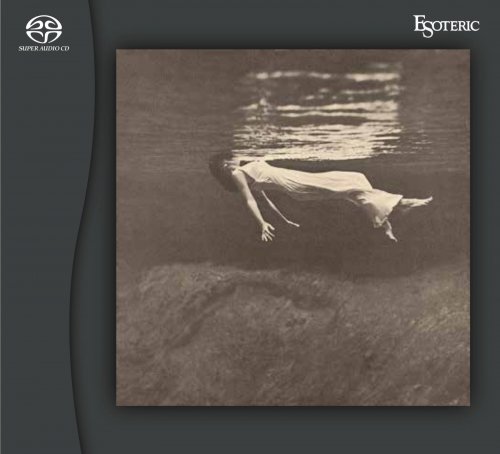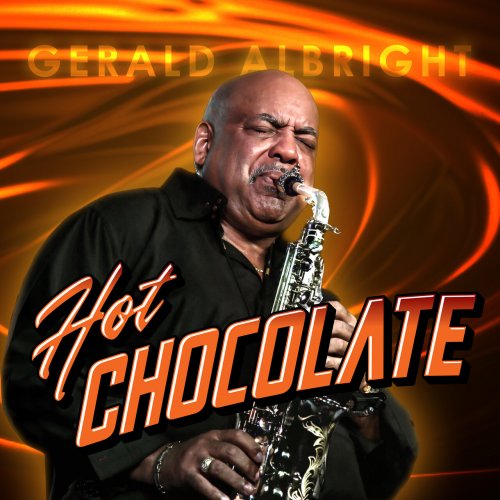Quatuor Arod - Haydn: String Quartets, Op. 76 (2025) [Hi-Res]
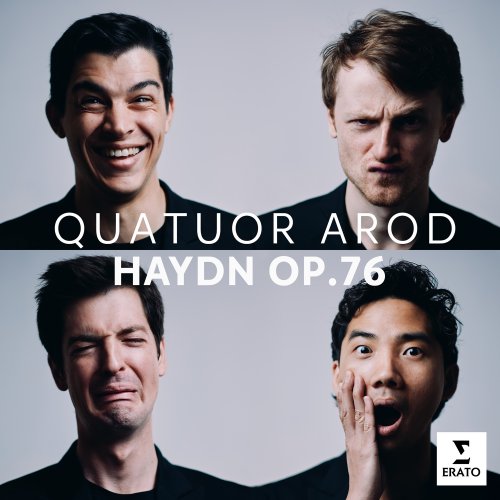
Artist: Quatuor Arod
Title: Haydn: String Quartets, Op. 76
Year Of Release: 2025
Label: Warner Classics
Genre: Classical
Quality: FLAC (tracks) / 24bit-96kHz FLAC (tracks)
Total Time: 02:18:29
Total Size: 634 MB / 2.47 GB
WebSite: Album Preview
Tracklist:Title: Haydn: String Quartets, Op. 76
Year Of Release: 2025
Label: Warner Classics
Genre: Classical
Quality: FLAC (tracks) / 24bit-96kHz FLAC (tracks)
Total Time: 02:18:29
Total Size: 634 MB / 2.47 GB
WebSite: Album Preview
1. String Quartet in G Major, Op. 76 No. 1, Hob. III:75: I. Allegro con spirito (8:31)
2. String Quartet in G Major, Op. 76 No. 1, Hob. III:75: II. Adagio sostenuto (7:03)
3. String Quartet in G Major, Op. 76 No. 1, Hob. III:75: III. Menuetto. Presto (2:22)
4. String Quartet in G Major, Op. 76 No. 1, Hob. III:75: IV. Finale. Allegro ma non troppo (6:20)
5. String Quartet in D Minor, Op. 76 No. 2, Hob. III:76 "Fifths": I. Allegro (9:33)
6. String Quartet in D Minor, Op. 76 No. 2, Hob. III:76 "Fifths": II. Andante o più tosto allegretto (5:35)
7. String Quartet in D Minor, Op. 76 No. 2, Hob. III:76 "Fifths": III. Menuetto (2:56)
8. String Quartet in D Minor, Op. 76 No. 2, Hob. III:76 "Fifths": IV. Finale. Vivace assai (4:17)
9. String Quartet in C Major, Op. 76 No. 3, Hob. III:77 "Emperor": I. Allegro (10:18)
10. String Quartet in C Major, Op. 76 No. 3, Hob. III:77 "Emperor": II. (a) Poco adagio, cantabile (1:18)
11. String Quartet in C Major, Op. 76 No. 3, Hob. III:77 "Emperor": II. (b) Variation I (1:09)
12. String Quartet in C Major, Op. 76 No. 3, Hob. III:77 "Emperor": II. (c) Variation II (1:19)
13. String Quartet in C Major, Op. 76 No. 3, Hob. III:77 "Emperor": II. (d) Variation III (1:17)
14. String Quartet in C Major, Op. 76 No. 3, Hob. III:77 "Emperor": II. (e) Variation IV (2:00)
15. String Quartet in C Major, Op. 76 No. 3, Hob. III:77 "Emperor": III. Menuetto. Allegro (4:16)
16. String Quartet in C Major, Op. 76 No. 3, Hob. III:77 "Emperor": IV. Finale. Presto (5:54)
17. String Quartet in B-Flat Major, Op. 76 No. 4, Hob. III:78 "Sunrise": I. Allegro con spirito (8:49)
18. String Quartet in B-Flat Major, Op. 76 No. 4, Hob. III:78 "Sunrise": II. Adagio (5:37)
19. String Quartet in B-Flat Major, Op. 76 No. 4, Hob. III:78 "Sunrise": III. Menuetto. Allegro (4:23)
20. String Quartet in B-Flat Major, Op. 76 No. 4, Hob. III:78 "Sunrise": IV. Finale. Allegro ma non troppo (4:26)
21. String Quartet in D Major, Op. 76 No. 5, Hob. III:79: I. Allegretto (4:46)
22. String Quartet in D Major, Op. 76 No. 5, Hob. III:79: II. Largo cantabile e mesto (6:52)
23. String Quartet in D Major, Op. 76 No. 5, Hob. III:79: III. Menuetto. Allegro (2:46)
24. String Quartet in D Major, Op. 76 No. 5, Hob. III:79: IV. Finale. Presto (3:30)
25. String Quartet in E-Flat Major, Op. 76 No. 6, Hob. III:80: I. Allegretto (6:21)
26. String Quartet in E-Flat Major, Op. 76 No. 6, Hob. III:80: II. Fantasia. Adagio (6:41)
27. String Quartet in E-Flat Major, Op. 76 No. 6, Hob. III:80: III. Menuetto - Alternativo (3:56)
28. String Quartet in E-Flat Major, Op. 76 No. 6, Hob. III:80: IV. Finale. Allegro spirituoso (6:31)
For Quatuor Arod, the six string quartets in Haydn’s opus 76 “represent the apogee of the Classical style, but they are also ageless, presenting almost infinite possibilities”. This Haydn project – the Paris-based quartet’s first Erato recording of works from the late 18th century – has been close to Arod's heart for a long time.
“Haydn, the founding father of the string quartet, composed the op. 76 quartets in his mid-sixties. Representing Haydn in all his maturity, achievement and mastery as he exploits a broad expressive palette, they constitute a turning point in the history of the quartet as a genre. They undoubtedly influenced Beethoven.”
In exploring this Classical repertoire, the Arod’s players sought to be “faithful to both the spirit and letter of these works ... The modern bow, invented after the time of Haydn, did not allow us enough flexibility and lightness, which are defining features of his writing …” Arod's solution was to commission a new set of bows, based on models produced in the 1770s by the celebrated Tourte brothers. The players’ instruments, which date from the 17th and 18th centuries, remained configured for modern practice.
“The impact of the Classical bows was immediate: the articulation became more natural, the responses more flexible, the sound more transparent. The bows transformed our playing, which became lighter, more open and more free ... All in all, this recording of Haydn’s op. 76 quartets stands as an important landmark in our career, opening a new chapter in our way of approaching the quartet.”
“Haydn, the founding father of the string quartet, composed the op. 76 quartets in his mid-sixties. Representing Haydn in all his maturity, achievement and mastery as he exploits a broad expressive palette, they constitute a turning point in the history of the quartet as a genre. They undoubtedly influenced Beethoven.”
In exploring this Classical repertoire, the Arod’s players sought to be “faithful to both the spirit and letter of these works ... The modern bow, invented after the time of Haydn, did not allow us enough flexibility and lightness, which are defining features of his writing …” Arod's solution was to commission a new set of bows, based on models produced in the 1770s by the celebrated Tourte brothers. The players’ instruments, which date from the 17th and 18th centuries, remained configured for modern practice.
“The impact of the Classical bows was immediate: the articulation became more natural, the responses more flexible, the sound more transparent. The bows transformed our playing, which became lighter, more open and more free ... All in all, this recording of Haydn’s op. 76 quartets stands as an important landmark in our career, opening a new chapter in our way of approaching the quartet.”
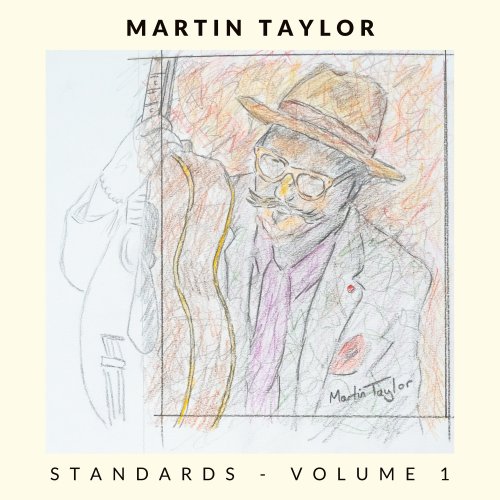
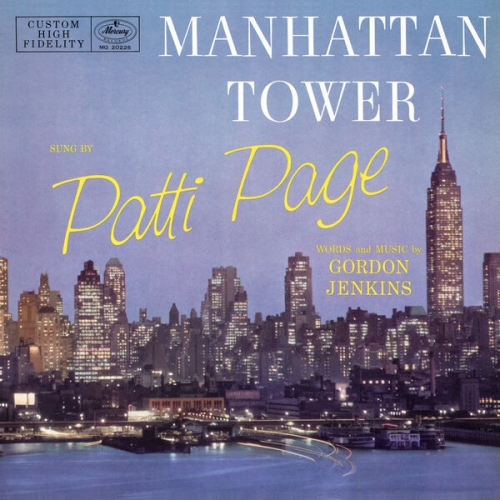
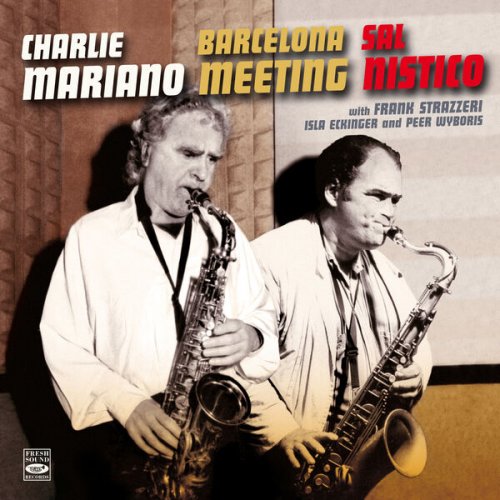
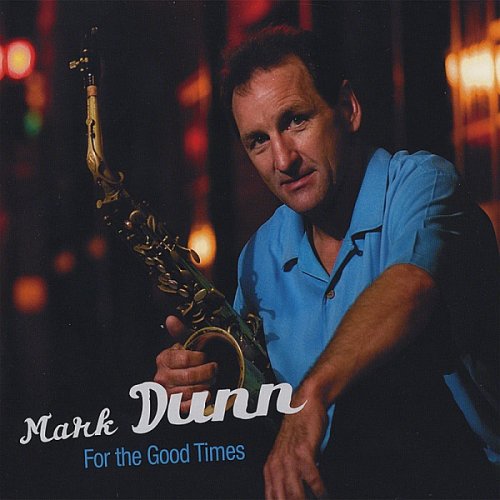
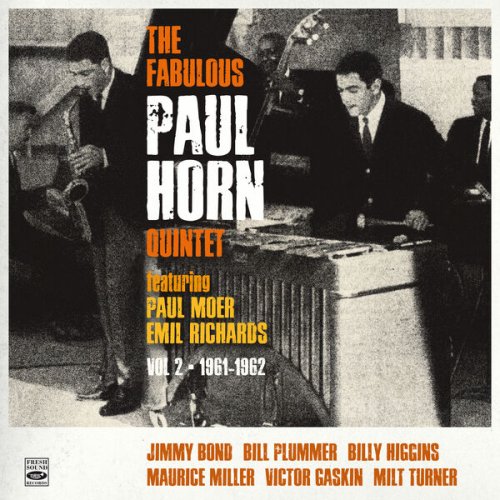
![The Voros Collective - Intercontinental Man (2026) [Hi-Res] The Voros Collective - Intercontinental Man (2026) [Hi-Res]](https://www.dibpic.com/uploads/posts/2026-03/1772344932_cover.jpg)
![Mammal Hands - Becoming (2018) [Hi-Res] Mammal Hands - Becoming (2018) [Hi-Res]](https://www.dibpic.com/uploads/posts/2023-01/1673772235_cover.jpg)
